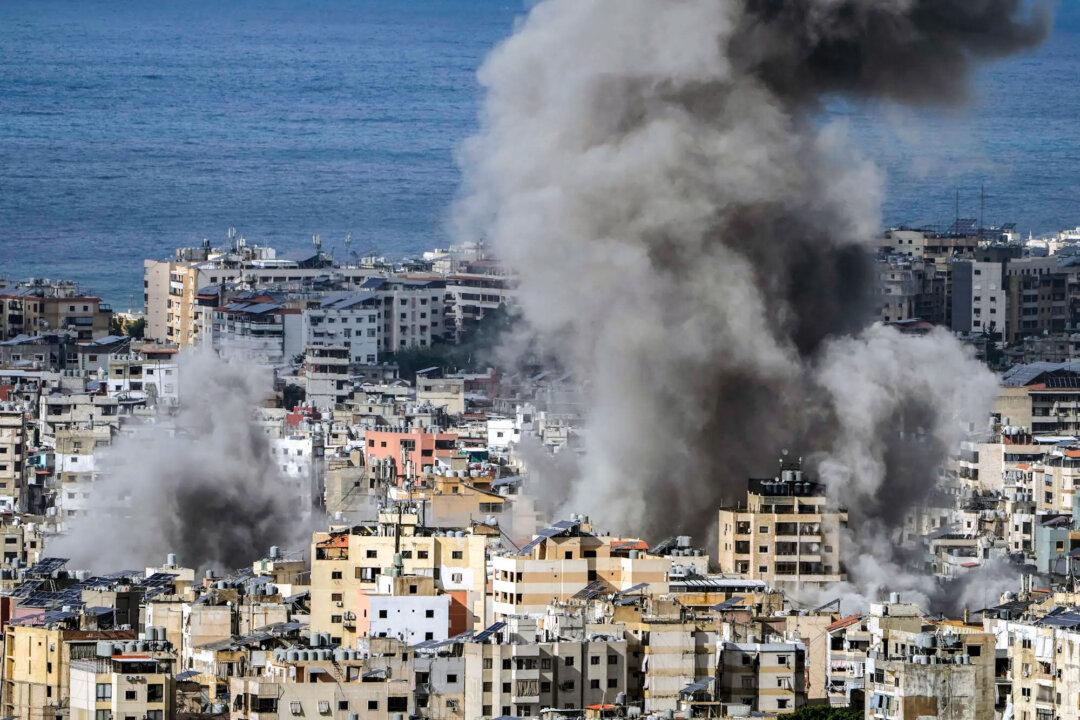A cease-fire agreement to halt the fighting between Israel and the Hezbollah terrorist group is nearly final, according to Michael Herzog, Israel’s ambassador to the United States.
“We are close to a deal,” Herzog said on Monday in an interview with Israel’s Army Radio, adding that there were still points that needed to be addressed. “It could happen within days.”





